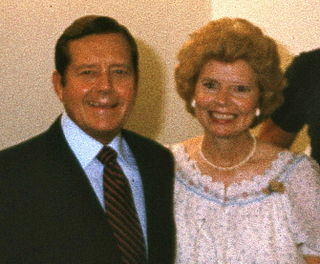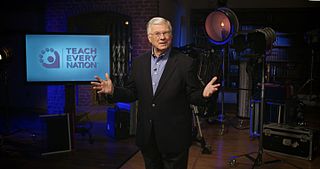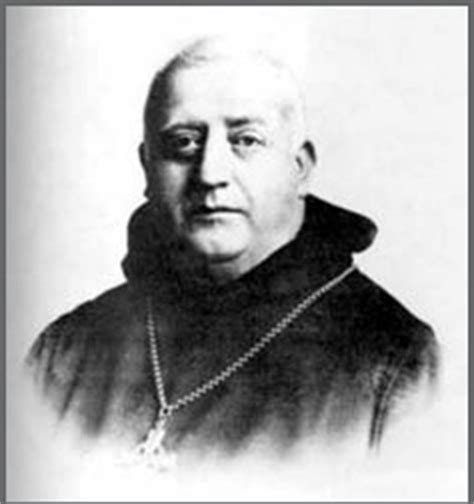A Quote by Paul Washer
I now understand more of our calling. The weakest instruments are chosen to do the greatest works so that the glory might go to God.
Related Quotes
Our mistake is that we want God to send revival on our terms. We want to get the power of God into our hands, to call it to us that it may work for us in promoting and furthering our kind of Christianity. We want still to be in charge, guiding the chariot through the religious sky in the direction we want it to go, shouting "Glory to God," but modestly accepting a share of the glory for ourselves in a nice inoffensive sort of way. We are calling on God to send fire on our altars, completely ignoring the fact that they are OUR altars and not God's.
Healthy things grow, and growing things change. If we allow fear or doubt or shame or insecurity to hold us back from something new God is calling us to do, we may miss out on his greatest purpose for our life. As believers, we go from strength to strength, from glory to glory. And in order to keep expanding God's kingdom, we have to keep growing and trying new things.
Thus, for followers of Christ, calling neutralizes the fundamental position of choice in modern life. “I have chosen you,” Jesus said, “you have not chosen me.” We are not our own; we have been bought with a price. We have no rights, only responsibilities. Following Christ is not our initiative, merely our response, in obedience. Nothing works better to debunk the pretensions of choice than a conviction of calling. Once we have been called, we literally “have no choice.
All the different ways God has chosen to display his glory in creation and redemption seem to reach their culmination in the praises of his redeemed people. God governs the world with glory precisely that he might be admired, marvelled at, exalted and praised. The climax of his happiness is the delight he takes in the echoes of his excellence in the praises of the saints.
[The Community's] crosses and trials give me confidence. But I derive my hope above all, and most especially, from our utter incapacity, for it is always upon nothingness that God is pleased to rear His works. If at any day we accomplish some good here, the glory will certainly be His alone, since He has employed for this end instruments more capable of spoiling everything than of making it succeed.
The motive is this, 'Oh! that God could be glorified, that Jesus might see the reward of his sufferings! Oh! that sinners might be saved, so that God might have new tongues to praise him, new hearts to love him! Oh! that sin were put an end to, that the holiness, righteousness, mercy, and power of God might be magnifi ed!' This is the way to pray; when thy prayers seek God's glory, it is God's glory to answer thy prayers.
The ways of God are entirely different from our ways. To us it seems necessary to employ powerful means in order to produce great effects. This is not God's method; quite the contrary. He likes to choose the weakest instruments that He may confound the strong: "God chose what is weak in the world to shame the strong - Infirma mundi elegit ut confundat fortia".
The purpose of God is the sovereign cause of all that good that is in man, and of all that external, internal and eternal good that comes to man. Not works past, for men are chosen from everlasting; not works present, for Jacob was loved and chosen before he was born; nor works foreseen, for men were all corrupt in Adam. All a believer's present happiness, and all his future happiness springs from the eternal purpose of God.
It is the perfection of God's works that they are all done with the greatest simplicity. He is the God of order and not of confusion. And therefore as they would understand the frame of the world must endeavor to reduce their knowledge to all possible simplicity, so must it be in seeking to understand these visions.



































